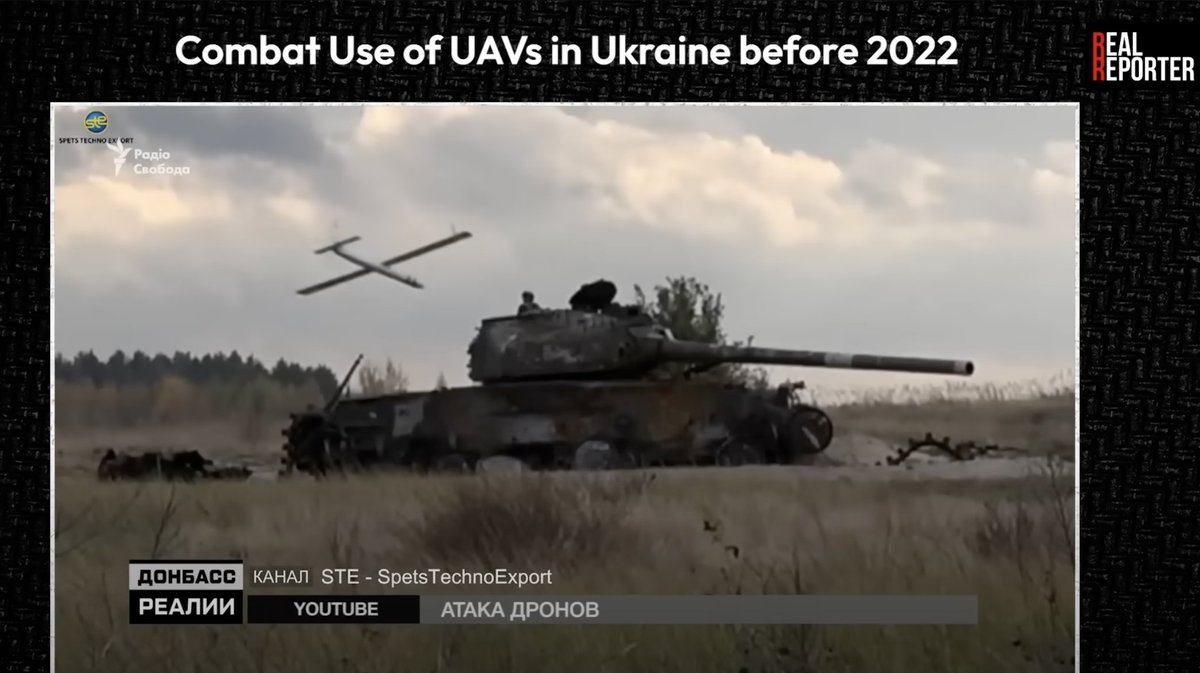NordStream pipeline destruction story:
Zelensky initially approved the plan, according to one officer who participated and three people familiar with it. But later, when the CIA learned of it and asked the Ukrainian president to pull the plug, he ordered a halt.
Zaluzhniy, who was leading the effort, nonetheless forged ahead.
wsj.com/world/europe/n…
Zelensky initially approved the plan, according to one officer who participated and three people familiar with it. But later, when the CIA learned of it and asked the Ukrainian president to pull the plug, he ordered a halt.
Zaluzhniy, who was leading the effort, nonetheless forged ahead.
wsj.com/world/europe/n…
“An attack of this scale is a sufficient reason to trigger the collective defense clause of NATO, but our critical infrastructure was blown up by a country that we support with massive weapons shipments and billions in cash,” said a senior German official familiar with the probe.
In May of 2022, a handful of senior Ukrainian military officers and businessmen had gathered to toast their country’s remarkable success in halting the Russian invasion. Buoyed by alcohol and patriotic fervor, somebody suggested a radical next step: destroying Nord Stream.
The Journal spoke to four senior Ukrainian defense and security officials who either participated in or had direct knowledge of the plot. All of them said the pipelines were a legitimate target in Ukraine’s war of defense against Russia.
Following the May 2022 pact between the businessmen and the military officers, it was agreed that the former would finance and help execute the project, because the army had no funds and was increasingly relying on foreign financing
A sitting general with experience in special operations would oversee the mission, which one participant described as a “public-private partnership.” He would report directly to the head of Ukraine’s armed forces, the four-star Gen. Zaluzhniy.
Within days, Zelensky approved the plan, according to the four people familiar with the plot. All arrangements were made verbally, leaving no paper trail.
But the next month, the Dutch military intelligence agency MIVD learned of the plot and warned the CIA, according to several people familiar with the Dutch report. U.S. officials then promptly informed Germany, according to U.S. and German officials.
The CIA warned Zelensky’s office to stop the operation, U.S. officials said. The Ukrainian president then ordered Zalyzhniy to halt it, according to Ukrainian officers and officials familiar with the conversation as well as Western intelligence officials. But the general ignored the order, and his team modified the original plan, these people said.
One crew member, a military officer on active duty who was fighting in the war, was a seasoned skipper, and four were experienced deep-sea divers, people familiar with the German investigation said. The crew included civilians, one of whom was a woman in her 30s who had trained privately as a diver. She was handpicked for her skills but also to lend more plausibility to the crew’s disguise as friends on holiday, according to one person familiar with the planning.
Witnesses on other yachts moored in Sandhamn noted that the Andromeda was the only boat with a small Ukrainian flag hoisted on its mast.
#OpSec
#OpSec
Polish officials initially refused to hand over the CCTV footage of the port. This year, they told their German colleagues that the footage had been routinely destroyed shortly after the Andromeda departed.
The Polish internal security agency ABW said that no such footage exists
The Polish internal security agency ABW said that no such footage exists
The Netherlands built deep intelligence-gathering capacity in Ukraine and Russia after Russian-backed paramilitaries downed a Malaysia Airlines flight originating from Amsterdam over eastern Ukraine, two Dutch officials said.
Zelensky took Zaluzhniy to task, but the general shrugged off his criticism, according to three people familiar with the exchange. Zaluzhniy told Zelensky that the sabotage team, once dispatched, went incommunicado and couldn’t be called off because any contact with them could compromise the operation
In June, German officials issued a confidential arrest warrant for a Ukrainian citizen who the Germans believe was one of the crew members. Authorities in Poland didn’t act on the warrant. The instructor is believed to have since returned to Ukraine. Poland’s failure to arrest him is a major blow to the German probe, because he and other suspects have now been tipped off and will avoid travelling outside Ukraine, people familiar with the investigation said. Ukraine doesn’t extradite its own citizens.
The general tasked with commanding the operation enlisted some of Ukraine’s top special-operations officers with experience in orchestrating high-risk clandestine missions against Russia to help coordinate the attack.
One of them was Roman Chervinsky, a decorated colonel who previously served in Ukraine’s main security and intelligence service, the SBU.
One of them was Roman Chervinsky, a decorated colonel who previously served in Ukraine’s main security and intelligence service, the SBU.
In a subsequent interview, Chernivsky said that the sabotage had two positive effects for Ukraine:
It helped loosen Russia’s grip on the European countries supporting Kyiv, and it left Moscow with only one main avenue for channeling gas to Europe, pipelines traversing Ukraine (for which it collects transit fees)
It helped loosen Russia’s grip on the European countries supporting Kyiv, and it left Moscow with only one main avenue for channeling gas to Europe, pipelines traversing Ukraine (for which it collects transit fees)
• • •
Missing some Tweet in this thread? You can try to
force a refresh








